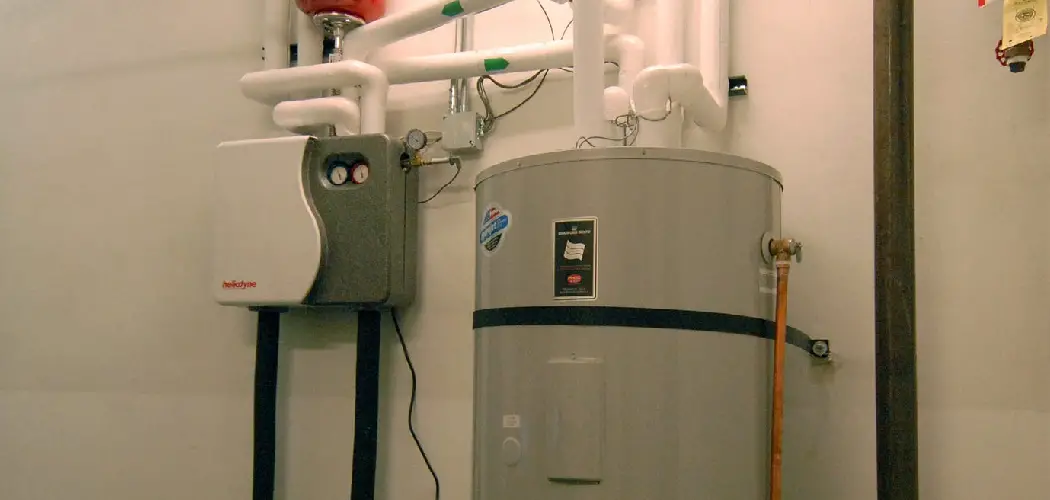Are you looking for a simple and cost-effective way to insulate your water heater in the garage? Whether you’re planning a home renovation or just doing basic repairs, there are several steps you can take to make sure that your hot water is reliable and efficient.
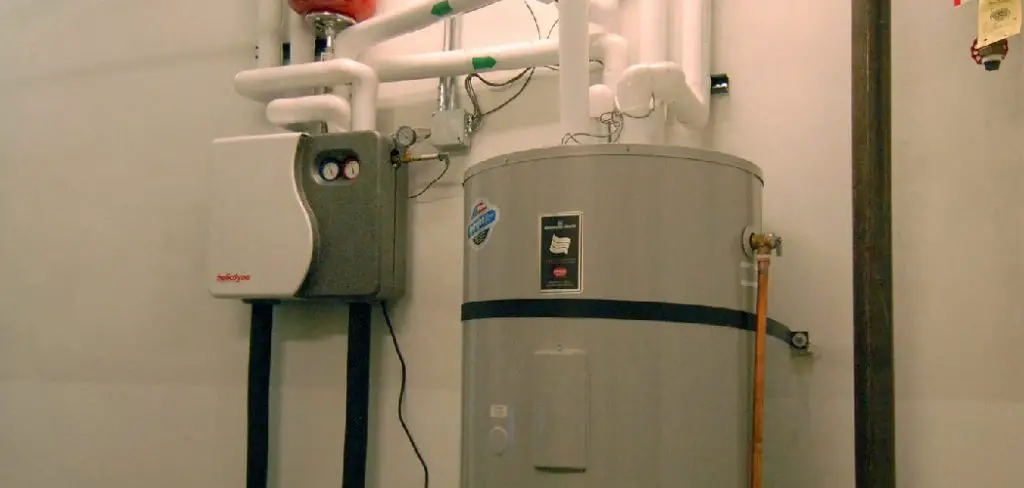
Insulating your water heater is one of the most important steps in making sure it runs smoothly. From proper insulation materials to installation techniques, this blog post will break down all the essential information necessary when it comes to properly insulating a water heater in a garage setting – so let’s get started to learn how to insulate water heater in garage!
Why May You Want to Insulate a Water Heater in Garage?
1 . To Save Energy and Money
Insulating your water heater in the garage can help you save money on energy bills. When you insulate the heater, it reduces heat loss from the unit, which means that it won’t need to work as hard to keep the water hot. This results in lower energy consumption and reduced costs for you.
2 . To Prevent Heat Loss
Uninsulated water heaters can lose a significant amount of heat through the walls of the tank. This is especially true for units located in colder areas such as garages. Insulating your water heater can prevent this heat loss, which means that your heater won’t have to work as hard and will last longer.
3 . To Protect Against Freezing Temperatures
If you live in an area with freezing temperatures, insulating your water heater in the garage is a must. Exposed pipes and tanks can freeze and burst, resulting in costly repairs or replacements. Insulation helps to keep the unit warm and prevents freezing.
4 . To Improve Efficiency
Insulating your water heater can also improve its overall efficiency. When heat loss is reduced, the heater can maintain a consistent and higher temperature, resulting in better performance and faster hot water delivery.
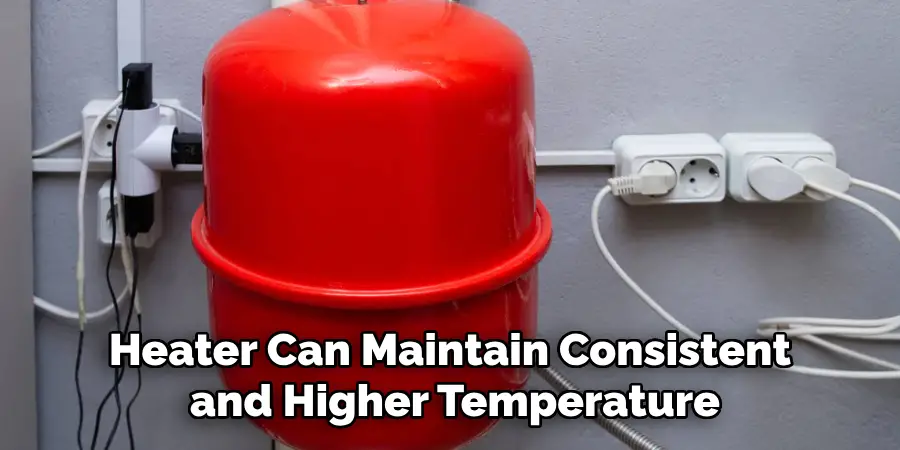
5 . To Reduce Noise
If your water heater is located in the garage, you may notice that it can be quite noisy when it turns on and off. Insulation can help reduce the noise from the unit, making it less disruptive to both you and your neighbors.
How to Insulate Water Heater in Garage in 5 Easy Steps
Step 1: Check the Temperature of Your Water Heater
First things first, make sure you know what temperature your water heater is set to. This will help you determine the amount of insulation needed for maximum efficiency.
Step 2: Gather Materials
To properly insulate your water heater in the garage, you will need the following materials:
- Insulation blanket or jacket specifically designed for water heaters
- Duct tape or zip ties
- Scissors
- Measuring tape
Step 3: Measure and Cut the Insulation Blanket
Using your measuring tape, measure the circumference and height of your water heater. Then, use these measurements to cut the insulation blanket into the appropriate size. Also, make sure to cut out any areas for pipes and controls on the blanket.
Step 4: Wrap and Secure the Insulation Blanket
Carefully wrap the insulation blanket around your water heater, making sure all sides are covered. Use duct tape or zip ties to secure the blanket in place. Also, make sure to leave enough space for any pipes and controls.
Step 5: Insulate the Pipes
To further increase efficiency, you can also insulate the pipes connected to your water heater. You can use foam pipe insulation or heat tape for this step. Make sure to secure the insulation in place with duct tape or zip ties.
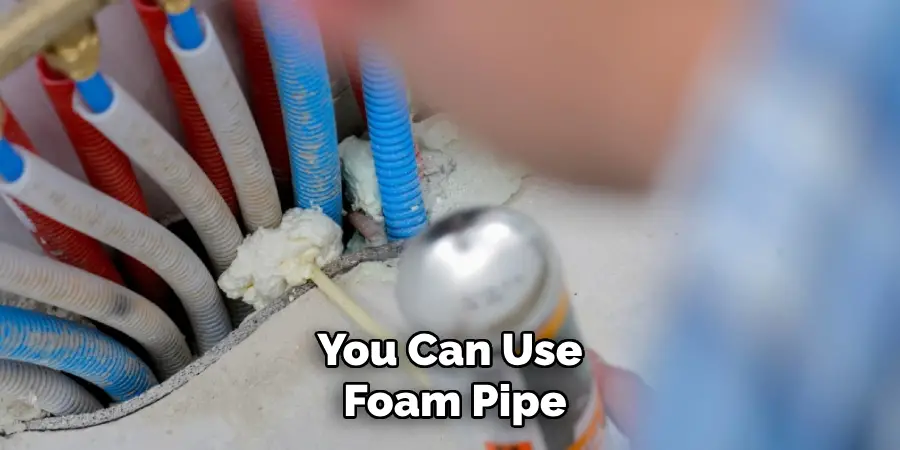
Additional Tips to Insulate Water Heater in Garage
1 . Do Not Cover the Thermostat and Temperature Control Panel
When insulating your water heater in the garage, make sure not to cover or block any important components such as the thermostat and temperature control panel. These are essential for regulating the temperature of your water heater and covering them may cause malfunctions or even safety hazards.
2 . Use an Insulation Blanket with a High R-Value
When choosing an insulation blanket for your water heater, make sure to choose one with a high R-value. The higher the R-value, the better the insulation will be. This will help reduce heat loss from your water heater and save you money on energy bills.
3 . Consider Installing a Water Heater Timer
Installing a timer for your water heater can also help save energy and money. By setting specific times for your water heater to turn on and off, you can avoid wasting energy heating up water when it is not needed. This is especially useful for those who have a set schedule for using hot water in their household.
4 . Insulate Hot Water Pipes
In addition to insulating your water heater, you should also consider insulating the hot water pipes that run through your garage. This will help prevent heat loss and ensure that hot water stays hot when it reaches your faucets or appliances.
5 . Regularly Check for Leaks
It’s important to regularly check for leaks in your water heater and its surrounding pipes. Even with proper insulation, leaks can cause heat loss and increase energy consumption. By catching and fixing leaks early on, you can save money on your energy bills and prevent potential damage to your water heater.
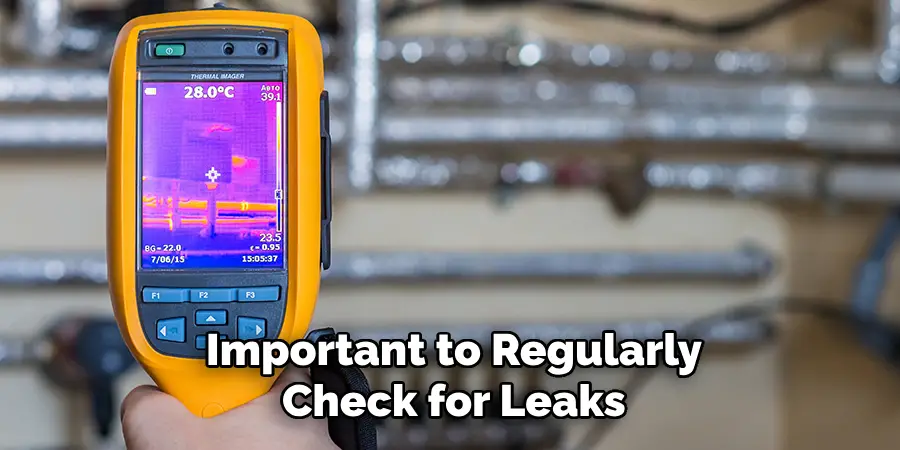
6 . Don’t Forget About Ventilation
Proper ventilation is crucial when insulating a water heater in the garage. Without proper ventilation, moisture can build up and cause corrosion or mold growth on your water heater. Make sure to leave enough space around your water heater for air to circulate and install a vent if necessary.
7 . Consider Using a Water Heater Blanket with Foil Reflective Insulation
For even more effective insulation, you can consider using a water heater blanket with foil-reflective insulation. This type of insulation reflects heat back towards the water heater, providing an extra layer of protection against heat loss. Just make sure to follow the manufacturer’s instructions for proper installation.
By following these additional tips, you can ensure that your water heater in the garage is properly insulated and functioning efficiently. Remember to always prioritize safety and regularly check on your water heater to avoid any potential issues.
Frequently Asked Questions
What Precautions Should You Take Before Insulating Your Water Heater in Garage?
There are a few precautions you should take before insulating your water heater in garage: Ensure that your water heater is not damaged or leaking before applying insulation. If there are any issues, get them fixed first.
Make sure to turn off the power to the water heater before starting the insulation process. If you have a gas water heater, turn off the gas as well. Wear protective gear such as gloves and safety glasses while handling insulation materials.
How Does Insulating Your Water Heater in the Garage Help?
Insulating your water heater in the garage can help save energy and reduce your utility bills. The insulation acts as a barrier between the water heater and the cold air in your garage, preventing heat loss. This means that your water heater will not have to work as hard to maintain the desired temperature, resulting in lower energy consumption.
What Materials Do You Need to Insulate Your Water Heater in Garage?
To insulate your water heater in the garage, you will need the following materials:
- Insulation blanket or jacket specifically designed for water heaters
- Duct tape
- Scissors
- Measuring tape
- Utility knife
Can You Insulate a Gas Water Heater in the Garage?
Yes, you can insulate a gas water heater in the garage. However, it is important to follow the manufacturer’s instructions and safety precautions before doing so. Make sure to turn off the gas supply to the water heater and carefully follow the installation instructions provided with the insulation materials.
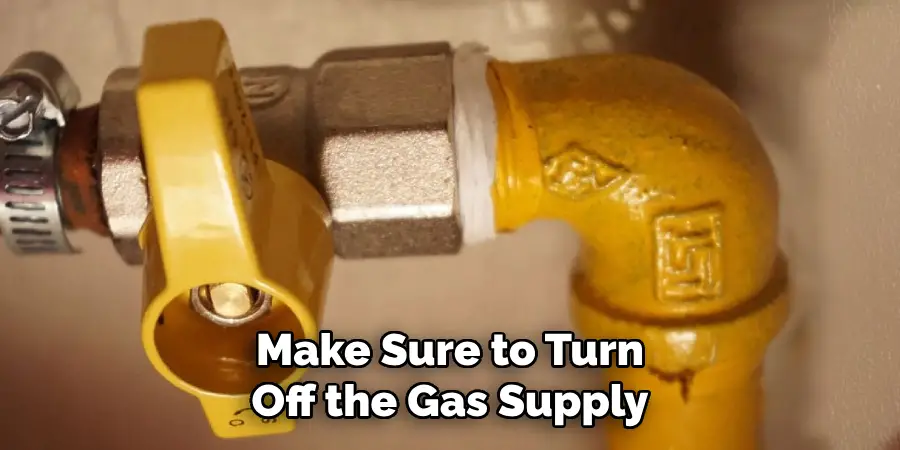
How Thick Should the Insulation Be?
The recommended thickness for insulation on your water heater in the garage is between 3-4 inches. This will provide enough coverage and prevent heat loss. However, make sure to check with your local building codes as they may have specific requirements for insulating water heaters.
Is It Beneficial to Insulate a Water Heater in a Warm Climate?
Yes, insulating your water heater in the garage can still be beneficial even in warm climates. While it may not have as much impact on energy savings compared to colder climates, it can still help prevent heat loss and maintain the desired temperature of the water.
Conclusion
In conclusion, insulating your water heater will save you money on energy costs each month while helping to protect the environment. Insulation is an important element of maintaining and protecting your home’s water heater. It might feel daunting at first, but with a little planning, research, and building imagination – anyone can install water heater insulation without having to rely on costly professionals.
By following these instructions on how to insulate water heater in garage, you can make sure your garage’s water heater is insulated quickly and easily. Start saving money today by taking the steps necessary to begin insulating your garage’s water heater!

